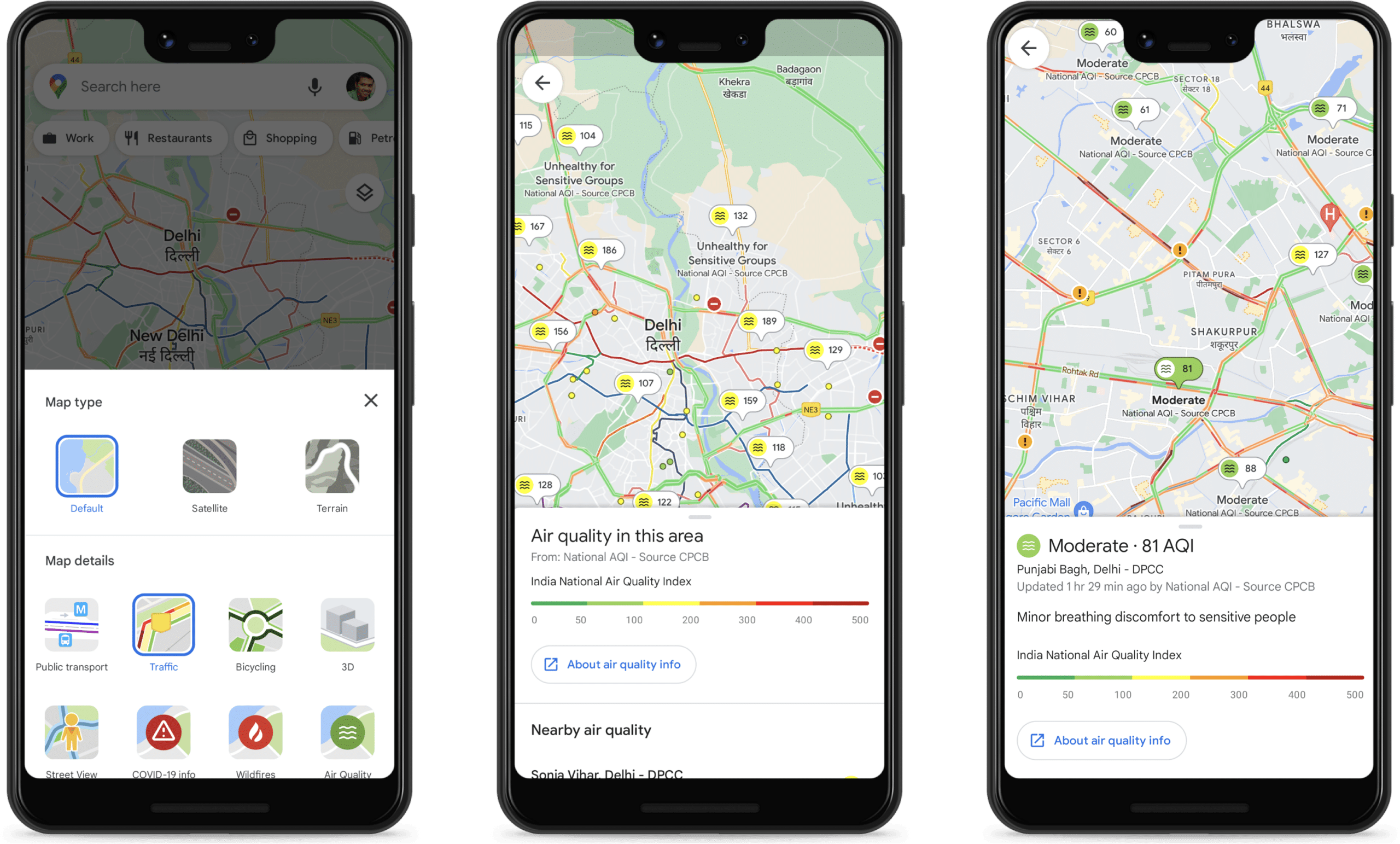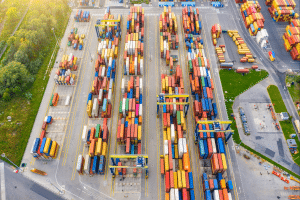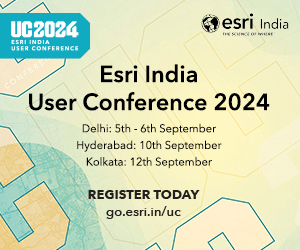Navigating peak rush hour traffic has become a familiar fixture of city life, leading to interminable gridlocks, frustrating congestions and severe pollution, along with crucial hours lost daily. The problem is quite acute in Bengaluru, where, as per a 2019 TomTom report, residents lose over 243 hours every year due to traffic.
In order to mitigate this using real-time information sharing and location intelligence, local traffic authorities in Bengaluru and seven other Indian cities have partnered with Google. Speed limits data shared by the traffic authorities will now be visible on Google Maps in these places.
For better optimization of traffic light timings, Google has also joined hands with Bengaluru traffic police, so that they can efficiently manage road congestion at key intersections across the city.
“We are proud to partner with Google to use technology to help reduce traffic congestion and improve road safety for the people of Bengaluru. We are the first Indian city to have started a pilot with Google to optimize the traffic light configuration in Bengaluru to reduce signal wait time for commuters”, says Dr. Ravikanthe Gowda, Joint Commissioner of Police (Traffic), Bengaluru.
“The revised plan by Google resulted in an average 20% wait time reduction per driver going through the pilot intersection during the day. We are excited by the positive impact this can have on reducing traffic congestion, road rage, fuel consumption, and greenhouse gas emissions”, he adds.

How location helps in traffic decongestion?
As per a study by World Economic Forum, the number of cars globally would double by 2040 even if public transportation networks expands.
This is where location technology gets into the picture for decongesting roadways, curtailing emissions, and enabling smart mobility. As per Mckinsey, smart mobility solutions can cut down on time taken to commute, so cities that efficiently use these technologies would be ahead of others.
ALSO READ: Google Launches Street View in 10 Indian Cities
Location intelligence, real-time information sharing and visualization is at the core of building resilient infrastructure and enabling the smart mobility experience. By sharing reliable location data, everyone from drivers to traffic authorities are able to make more informed decisions.
Pollution Control
As per the World Air Quality Index report 2021, 10 out of 15 most polluted cities in the world are in India. Over the years, pollution levels haven’t shown any significant improvement. In 2018, 14 out of 15 most polluted cities were in India. North West India witnessed record breaking heat this year due to increased global warming.
Google recently piloted its Environmental Insights Explorer, a free tool designed to help cities and local governments measure emissions and identify reduction strategies with the help of public transport activity data.
Four cities – Bengaluru, Chennai, Pune and Aurangabad – are using transport emissions data from EIE to develop their Climate Action Plans. Google also publicly launched Aurangabad’s EIE data, making it accessible to research organizations to help propose sustainable solutions to the city.
Google has also entered into a partnership with the Central Pollution Control Board (CPCB) to provide people with reliable air quality information.
Google is actively helping local entities towards climate change mitigation and reducing carbon footprint. Till now, it has collaborated with 250 NGOs, 60 Universities, 30 government agencies, and 15 research organizations who use its geospatial products to gain actionable insights.
Geospatial and Earth observation data are a prerequisite to monitor and track emissions, ensuring that there is widespread awareness and proper policy mechanism for effective action.
Government and technology companies like Google coming together can have a transformational impact on the society, adds Dr. Gowde.









